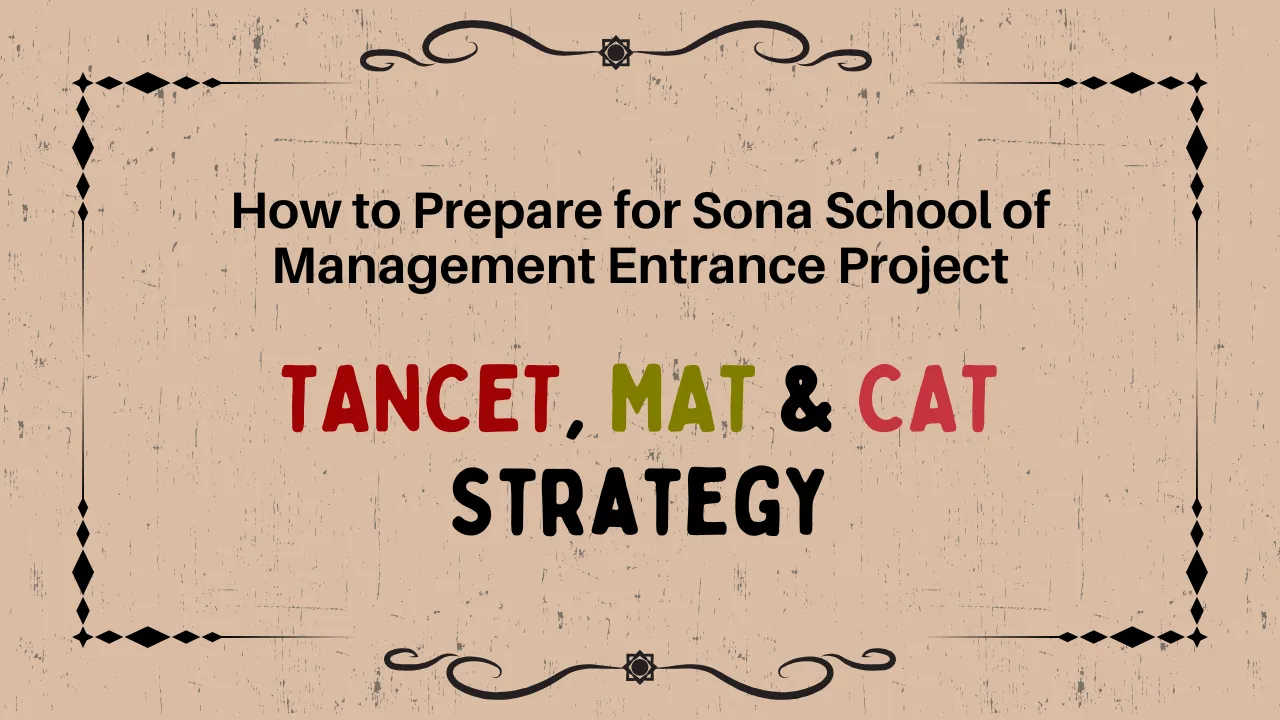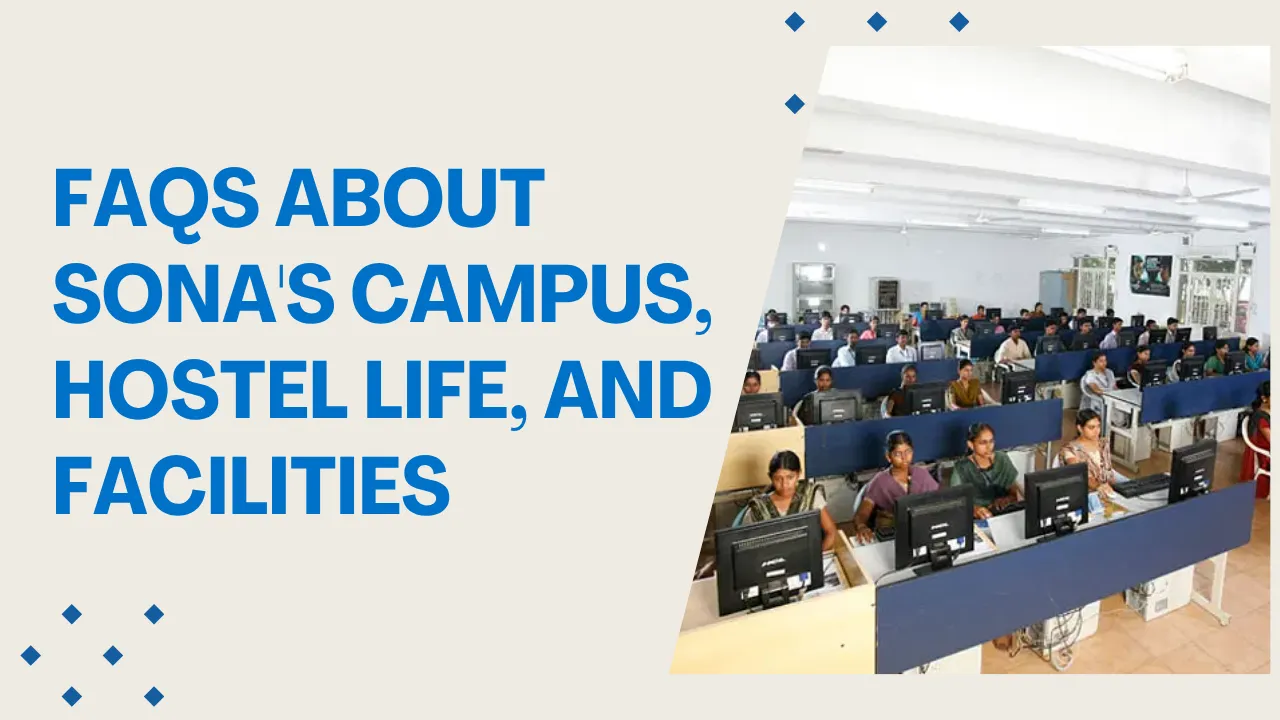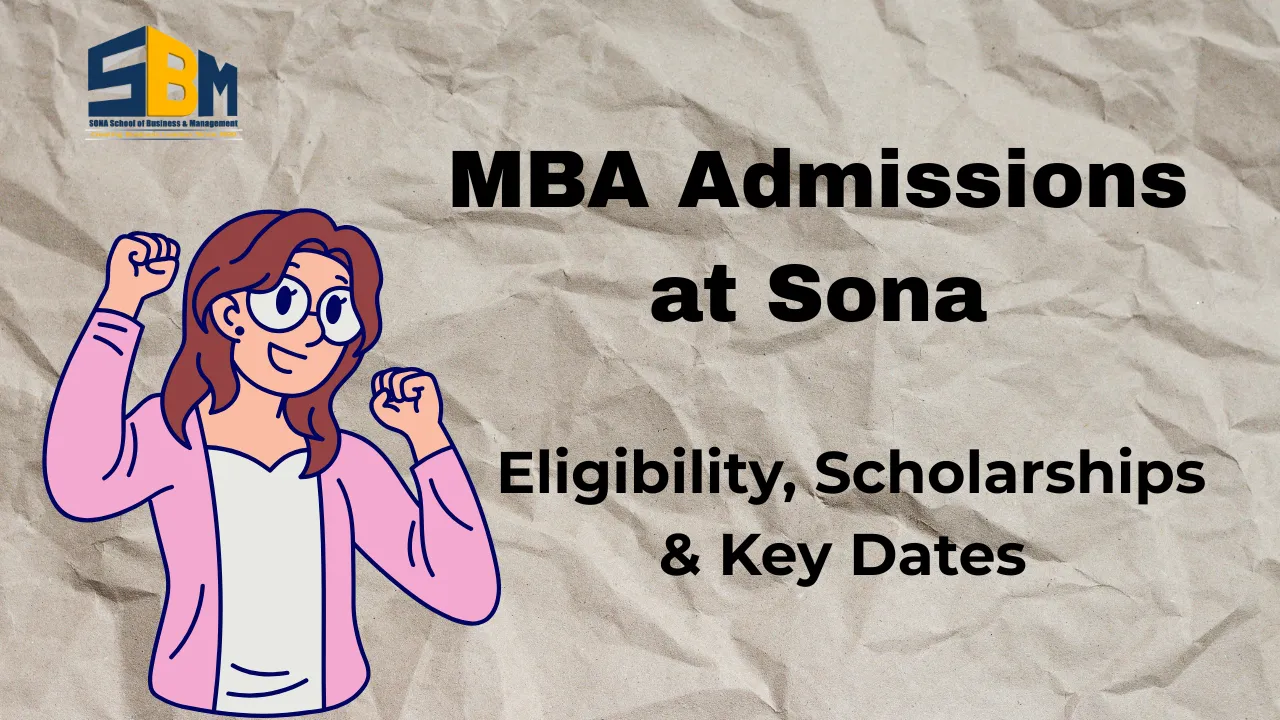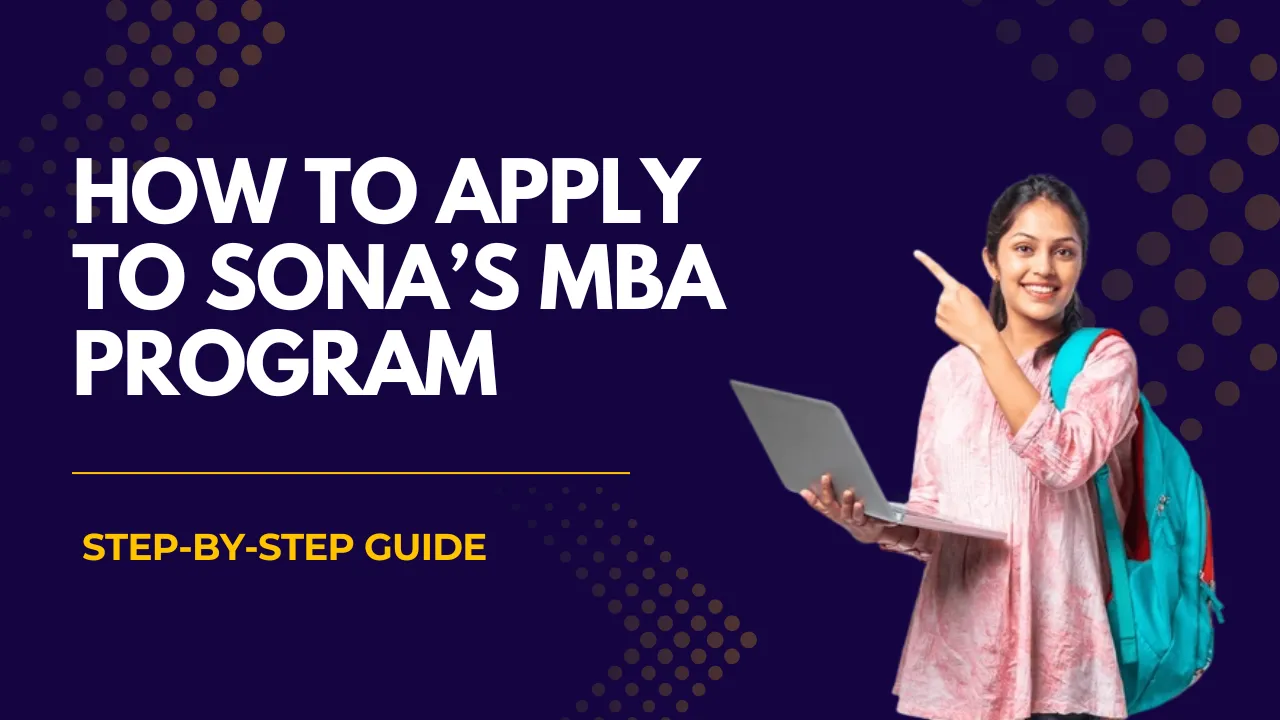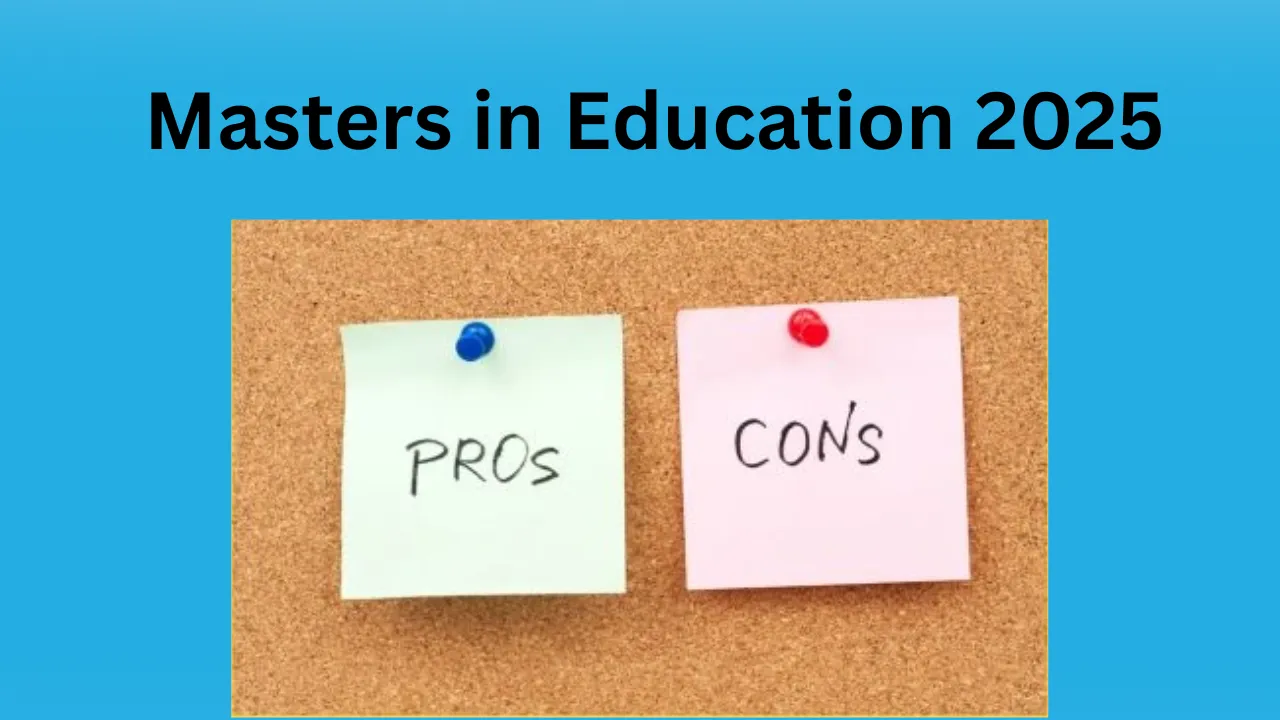Sona School of Management: Gaining admission into Sona School of Management is a competitive yet achievable goal if you prepare strategically for the entrance exams. Sona accepts multiple test scores, including TANCET, MAT, and CAT, each with its unique pattern and level of difficulty. With a focused preparation plan tailored to these exams, you can significantly improve your chances of not just qualifying but also excelling in the admission process.
This article walks you through a detailed strategy to prepare for each entrance exam, along with practical tips to succeed in the post-exam evaluation rounds such as group discussions, written assessments, and interviews.
Know the Exam Formats
Before diving into the preparation strategy, it’s important to understand the structure of each exam:
TANCET is a state-level entrance exam with 100 questions covering Quantitative Aptitude, Logical Reasoning, English, and General Awareness. It’s moderately difficult and tests your speed and accuracy under tight time constraints.
MAT is a national-level test that includes five sections: Language Comprehension, Mathematical Skills, Data Analysis and Sufficiency, Intelligence and Critical Reasoning, and Indian and Global Environment. It is less difficult than CAT but still requires focused preparation.
CAT is the most competitive of the three and tests higher-order thinking. It consists of three sections: Verbal Ability & Reading Comprehension, Data Interpretation & Logical Reasoning, and Quantitative Ability. CAT requires strong time management, conceptual clarity, and adaptability.
Build a Strong Foundation
Start your preparation by mastering the basics. Regardless of which test you’re targeting, three areas are common across all exams: Quantitative Aptitude, Logical Reasoning, and English Language Skills.
Begin by revisiting high school-level math, grammar, and logic. Use concept-based books or video tutorials to clarify your doubts. Once confident with the basics, move to more advanced questions and practice papers.
For English, read articles, editorials, and essays daily. This will enhance vocabulary and comprehension. Quantitative sections need extra practice, especially in areas like percentages, ratios, time and work, and algebra. For Logical Reasoning, focus on puzzles, series, and sequencing.
Design a Study Plan That Works for You
A structured study plan helps track your progress and keeps you consistent. Your plan can be spread across three to six months depending on your current preparation level.
Use weekdays to study core topics and weekends to revise and attempt mock tests. Aim for 2 hours of study each day, with longer sessions on weekends. Rotate subjects to maintain balance and interest.
A sample plan could look like this:
- Monday: Quant and Vocabulary
- Tuesday: Logical Reasoning and Grammar
- Wednesday: Data Interpretation and Reading
- Thursday: Quant Practice and Verbal Review
- Friday: Logical Puzzles and Awareness
- Saturday: Mock Test
- Sunday: Mock Review and Error Correction
Practice with Quality Content
Effective practice is not about the number of questions you solve but how well you learn from them. Focused practice includes:
- Solving questions by topic
- Keeping track of mistakes in a notebook
- Revisiting tough questions weekly
- Doing short, timed quizzes to build speed
Make it a habit to review difficult questions and understand the logic behind correct answers. This approach helps in retaining concepts and avoiding repeated errors.
Take Mock Tests Regularly
Mock tests simulate the actual exam environment and train you for the pressure of limited time. They are crucial in identifying your strengths and weak areas.
Take at least one mock test every week under strict exam conditions. After each test, review every question. Note where you lost marks—was it lack of concept clarity, poor time management, or silly errors?
Use this analysis to refine your strategy and update your study plan. Gradual improvement in your mock scores will boost your confidence.
Focus on Each Section Separately
Quantitative Aptitude:
Begin with basic arithmetic and progress to geometry, algebra, and data interpretation. Practice without using calculators and learn mental math techniques.
Logical Reasoning and DI:
Start with simple puzzles and then move to complex arrangements and logical sets. Practice pie charts, bar graphs, and tables for data interpretation.
English Language:
Develop your reading habits and vocabulary. Practice comprehension, para jumbles, fill-in-the-blanks, and error spotting. Learn practical usage of new words instead of just memorizing.
General Awareness (for MAT):
Read news summaries daily. Focus on current events, business news, government policies, and economic trends. Use quizzes to stay updated.
Get Ready for the Selection Rounds
After clearing the entrance exams, you’ll go through additional rounds at Sona School of Management, such as:
Written Ability Test (WAT):
Practice short essays on trending topics, ethical issues, and economic developments. Keep your writing structured and clear.
Group Discussion (GD):
Join mock GDs or practice with peers. Learn to express ideas clearly, listen actively, and respond to counterpoints with respect.
Personal Interview (PI):
Prepare your answers to common MBA questions such as “Why MBA?”, “Why Sona?”, and your future goals. Be honest about your strengths and be ready to talk about your academic journey.
Stay Positive and Consistent
Staying motivated is key. It’s normal to face ups and downs during preparation. Take short breaks, get fresh air, and avoid comparing your progress with others.
Celebrate small wins like improving mock scores or completing a topic. Consistency is more important than perfection. Build discipline by showing up daily, even if it’s just for a short study session.
Use the Final Weeks for Revision
As your exam date approaches, switch from learning new topics to reviewing what you’ve already studied. Focus on:
- Short notes and formula sheets
- Flashcards for vocabulary and current affairs
- Timed quizzes and mock tests
Don’t overburden yourself during the last few days. Stay calm, confident, and trust your preparation.
Final Thought
Preparing for TANCET, MAT, or CAT to get into Sona School of Management is a journey that rewards smart work, discipline, and consistent effort. With the right approach—understanding the exam, following a balanced schedule, practicing smartly, and staying focused—you can crack the entrance and move one step closer to your MBA goals.
Once the test is done, give equal importance to the group discussions, written assessments, and interviews. These stages allow you to showcase your communication skills, clarity of thought, and motivation.
If you need help building a personal study plan or have specific questions about preparation, feel free to comment below. Wishing you success on your MBA journey!
